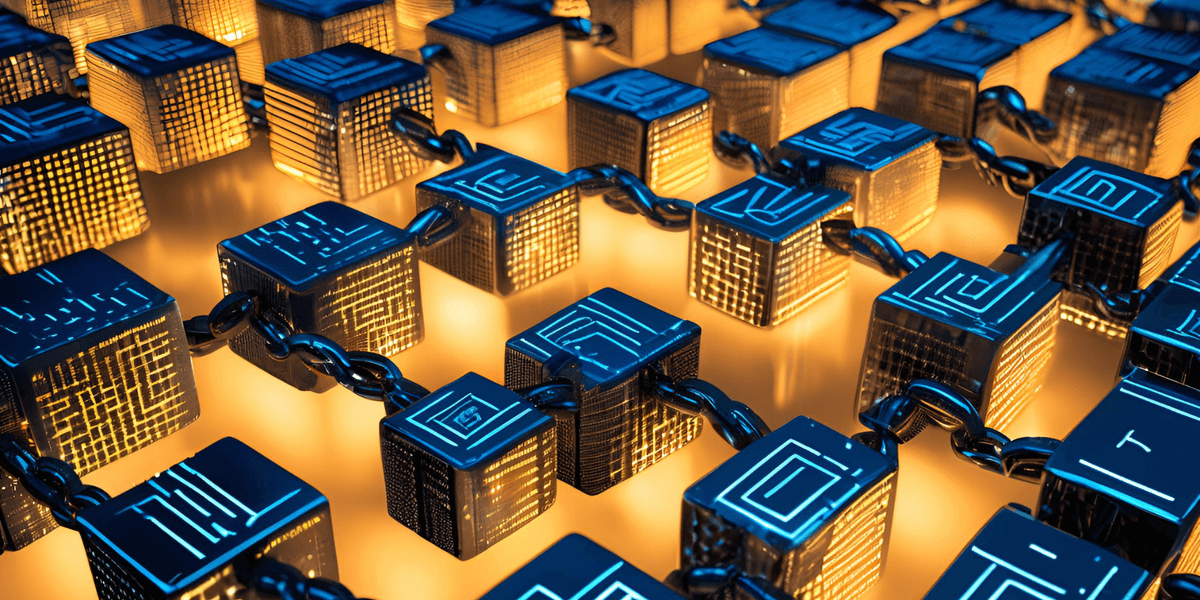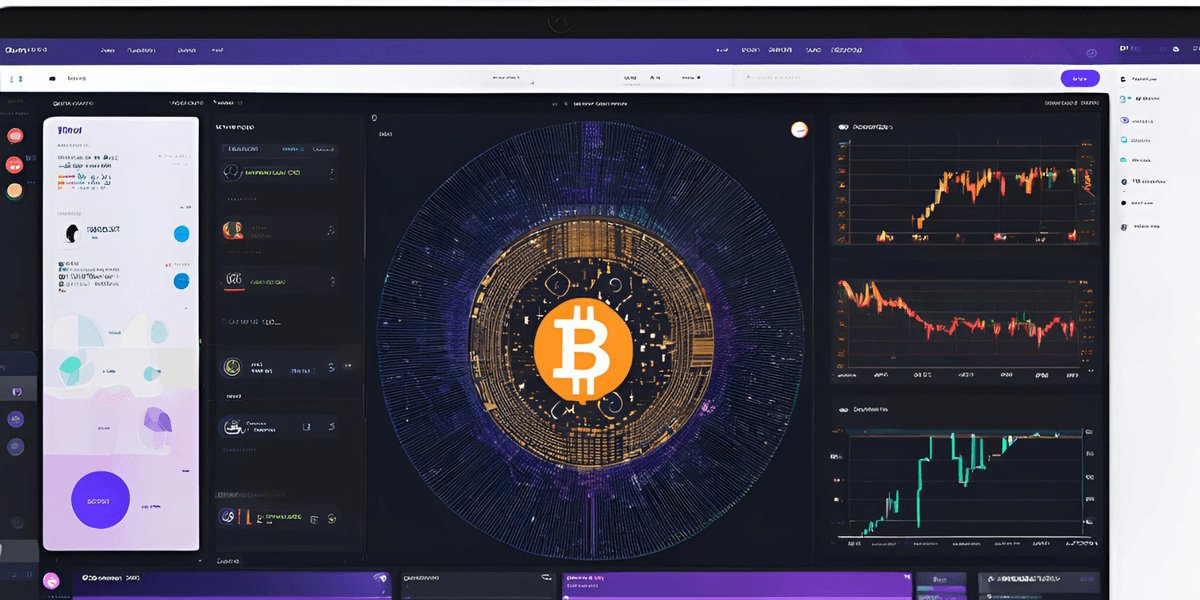
Exploring Web 3.0: Decentralized, Intelligent, and Connected Web Experiences

Safia Ansari
08 Dec 2024 - 02 Mins read
Web 3.0, often referred to as the next generation of the internet, represents a significant evolution from the centralized and largely static Web 2.0. With its focus on decentralization, user privacy, and data ownership, Web 3.0 is set to redefine how we interact with web technology. This blog unpacks the key concepts of Web 3.0 and its transformative impact on the internet and user experiences.
What Is Web 3.0?
Web 3.0 is a decentralized internet model where blockchain technology, artificial intelligence, and peer-to-peer networks play central roles. Unlike Web 2.0, which relies on centralized servers and platforms, Web 3.0 leverages decentralized networks to offer users greater control over their data and online interactions.
Key Features of Web 3.0:
1. Decentralization: Web 3.0 eliminates reliance on centralized entities by using distributed networks like blockchain, ensuring no single entity has control over the data or network.
2. Semantic Web: Powered by artificial intelligence, the semantic web enables machines to understand and interpret data in a human-like manner, improving search accuracy and personalized experiences.
3. Enhanced Connectivity: With interoperable platforms, data flows seamlessly across applications, creating a connected ecosystem.
4. User Ownership: Through blockchain technology, users can own and manage their digital identities and data.
5. Privacy-Centric Architecture: Web 3.0 incorporates cryptographic protocols to protect user information and interactions.
Impact of Web 3.0 on User Privacy and Data Ownership
1. Empowering Users: In Web 3.0, users own their data and have the autonomy to decide who can access or monetize it, shifting control away from corporations.
2. Secure Transactions: Blockchain technology ensures transparency and immutability, making transactions and data exchanges secure.
3. Privacy by Design: Decentralized networks reduce the risk of data breaches and surveillance, offering a more privacy-focused internet experience.
Web Technology Transformations in Web 3.0
Web 3.0 is revolutionizing the way web applications are built and function:
1. Smart Contracts: Web 3.0 uses smart contracts to automate and secure processes without intermediaries.
2. Decentralized Applications (dApps): Applications built on blockchain operate transparently and offer enhanced functionality without central control.
3. Tokenization: Digital tokens incentivize participation and ensure a fair economy within the Web 3.0 ecosystem.
4. Interoperability: Cross-platform compatibility ensures that data and services are accessible across multiple applications.
Real-World Applications of Web 3.0
1. Decentralized Finance (DeFi): Web 3.0 powers DeFi platforms, enabling peer-to-peer lending, trading, and financial services without traditional banks.
2. Digital Identity: Users can create and control their digital identities securely, minimizing identity theft and fraud.
3. Gaming: Web 3.0 introduces play-to-earn models and interoperable in-game assets using blockchain.
4. Healthcare: Patients own and manage their health data, granting secure access to providers as needed.
5. Content Creation: Creators are rewarded directly through decentralized platforms, bypassing intermediaries and retaining ownership.
Conclusion
Web 3.0 is reshaping the internet with its decentralized, intelligent, and connected framework. It empowers users by giving them control over their data, ensuring privacy, and fostering innovation. As blockchain technology, artificial intelligence, and decentralized networks evolve, Web 3.0 promises a future where the internet becomes more equitable, secure, and user-centric.
Web 3.0 is not just an upgrade; it is a paradigm shift that redefines how we interact with the digital world.

